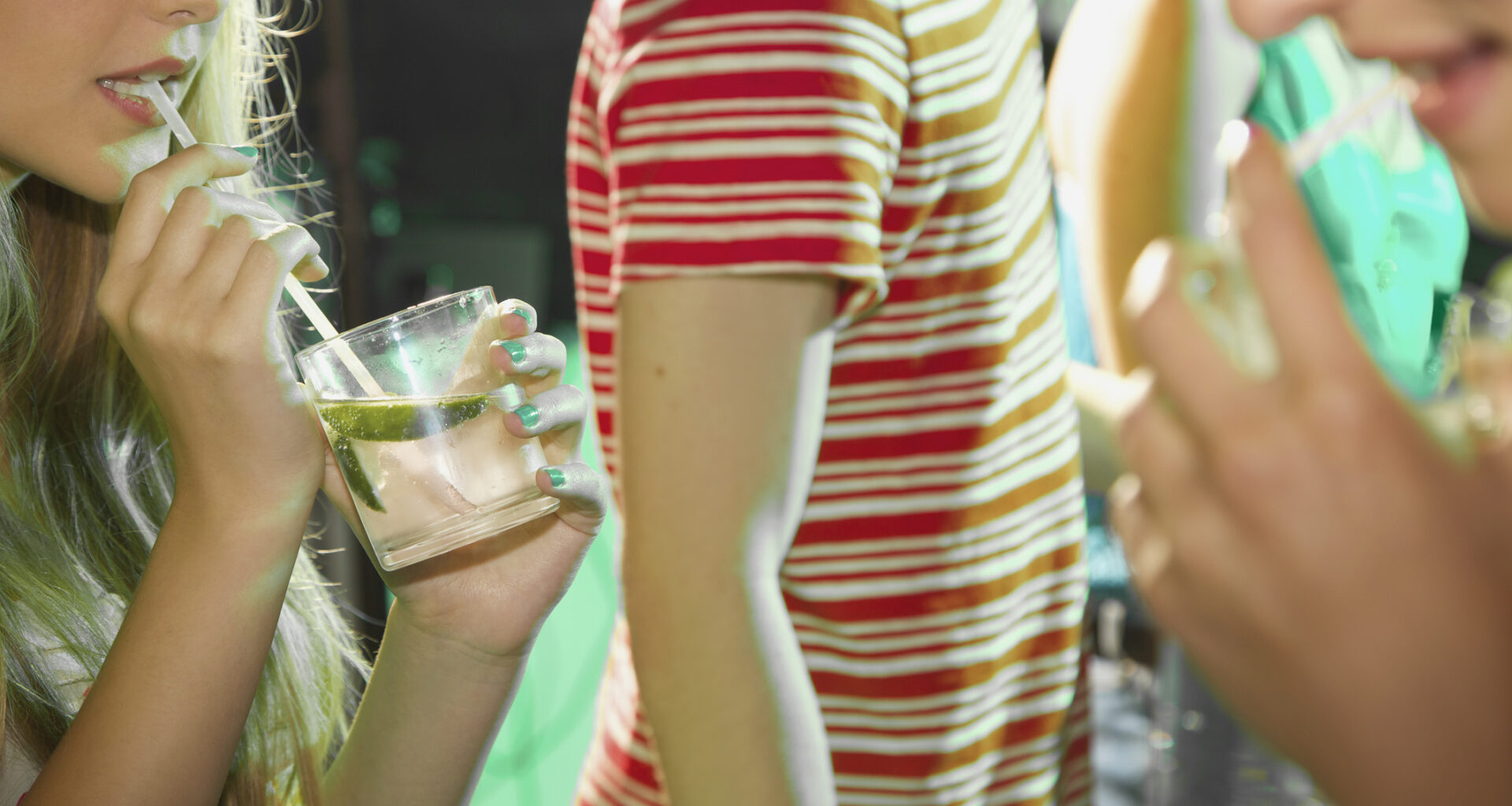Denmark pursues a 30-point action plan aimed at protecting minors from using nicotine products and alcoholic drinks. Now, the supervisory authority could use social media to look for abuses of the law. In a few months, new rules on the sale of alcoholic beverages to young people will come into force.
Just before Christmas, the Danish Parliament, Folketinget, approved the final 16 measures in a multi-year plan to prevent the use of nicotine products and alcohol by children and adolescents. Some of which came into force on 1 January 2025.
“As a society, we have a special responsibility for children and young people, which is why I am pleased that there is broad support in the Danish Parliament for the prevention plan,” Denmark’s Liberal Health Minister Sophie Løhde said in a statement.
Health concerns are growing in Denmark, as, for example, 36 per cent of young people (15-29 years old) use at least one tobacco or nicotine product. Many high school students are considered to have high alcohol consumption.
‘Sleuthing technics’
In November 2023, the Danish tripartite government (Social Democrats, Liberals and Moderates) agreed with the Green Left, Denmark Democrats, the Conservatives People’s Party and the Alternative on a 30-point prevention plan. Now, the parliament has adopted all 30 measures.
The implementation started in April 2024 with a rise in the tax on nicotine products and smokeless tobacco.
Later, in June, a law was passed making it illegal to import and possess ‘puff bars’ (vapes) and other e-cigarettes with a high nicotine content or illegal sweet flavours. Online shops selling tobacco, nicotine- e-cigarettes and/or alcohol to consumers became also obliged to check the age of each consumer.
Since 1 July 2024, the supervisory agency, the Danish Safety Technology Authority, can use mystery shoppers.
A young person under the age of 18 could be asked to buy nicotine products from shops suspected of selling them to underaged persons.
Now, politicians have given the Danish Safety Technology Authority more power. From 1 January 2025, it could, for example, permanently confiscate illegal tobacco and nicotine products without a court order.
The rope tightens
Penalties for selling tobacco and nicotine products that are illegal to market in Denmark and for selling tobacco, nicotine products, and alcohol to minors are being increased, with fines starting from €6,700.
In some situations, the authority will also be able to temporarily deprive retailers of the right to market tobacco and nicotine products.
Additionally, it can use fictitious profiles and go undercover to search for sellers or ads marketing illegal goods on social media, for example. It can also order social media companies to close profiles or remove content that refers to tobacco and nicotine products, which are illegal to market in Denmark.
Charlotta Pisinger, a professor of tobacco and nicotine prevention at Syddansk University, also working at the Centre for Clinical Research and Prevention at Bispebjerg-Frederiksberg Hospital in Copenhagen, is pleased with the plan.
More is needed
However, Pisinger underlined to Euractiv the lack of major tax increases on tobacco and nicotine products.
“In Australia, a pack of Marlboro cigarettes costs almost €30; in Norway, it costs approximately €14, and in Denmark, it costs only €8.”
“But I’m, of course, very, very happy that the Danish politicians are willing to strengthen the tobacco and nicotine legislation. Evidence shows that legislation affects its use. I’m especially happy that the authorities can now enforce the law more efficiently. A law that is not enforced has no effect. Probably the increased price on nicotine pouches combined with a maximum nicotine level and the flavour ban will have the strongest effect,” she said.
The new legislation combines many measures and is comprehensive, something Charlotta Pisinger thinks will have a positive effect.
“E-cigarette use and smokeless tobacco/nicotine pouch use have increased for several years, but after the first round of legislation and price increase, it has more or less stagnated in 2023,” she said.
Charlotta Pisinger also noted that most measures are aimed at those selling or buying the products, not at the regulation of the major tobacco/nicotine companies.
“Denmark has signed the WHO’s Framework Convention on Tobacco Control, and there should be no interaction between the tobacco industry and the decision-makers. Yet, the tobacco companies are invited to the Danish Parliament to present their new products; there is no transparency in tobacco lobbyism in Denmark,” said Pisinger.
Nightlife zones will be introduced
Moreover, new rules on selling alcoholic beverages to young people will be implemented later this spring.
From 1 April, no alcoholic products with an alcoholic strength by volume of more than 6% may be sold to 16-17 year olds. This means that they could buy regular beer but not most spirits.
Bars and restaurants will also be forbidden to sell alcoholic drinks to people under 18 in nightlife zones designated by the police between 22.00 and 08.00.
On top of this, a new stricter regulation will come into force on tobacco and nicotine products this summer.
For example, appealing flavours and scents in tobacco substitutes, such as nicotine pouches, will be banned from 1 July 2025, or later in some cases. These products must taste and smell of tobacco and menthol.
According to the Interior and Health Ministry, Denmark is also actively striving for high protection for children and young people in the revision of the EU Tobacco Products Directive and the Tobacco Advertising Directive.
[Edited by Vasiliki Angouridi, Brian Maguire]
